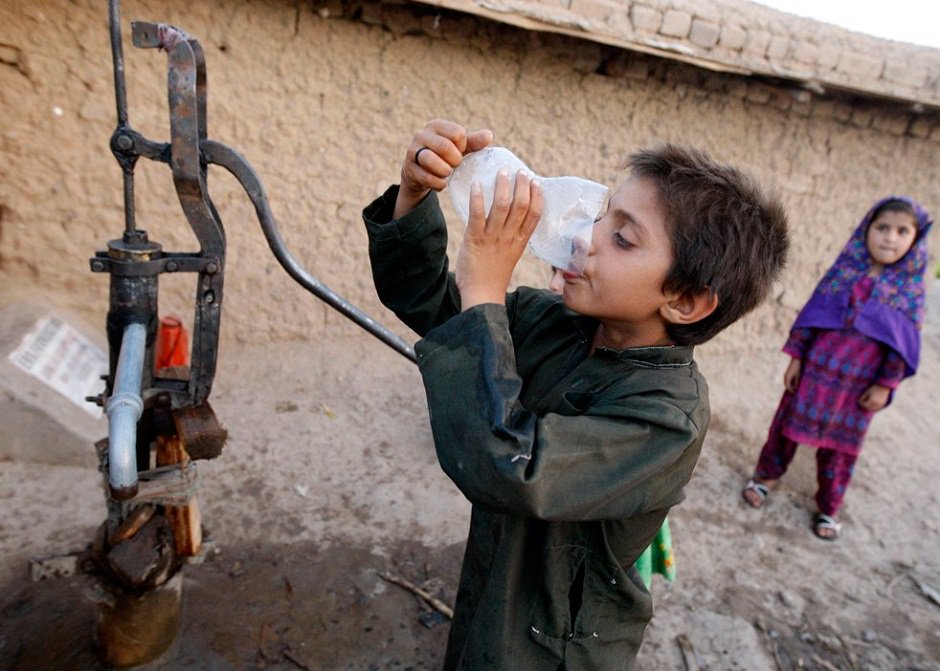Pakistan's water woes: Assessing the national water policy
Sep 17 2018 | 04:12:43
Three-hundred-and-ninety-nine children died in Mithi, Tharparkar, this year alone. According to the health department, every year 1,500 children die in Tharparkar and one of the major reasons for their untimely deaths is malnutrition – underweight children born to malnourished mothers.Experts state that malnutrition increases the risk of infection and infectious diseases, and in communities or areas that lack access to safe drinking water, these additional health risks present a critical problem.Mithi does not have access to clean drinking water and relies on wells, and in many areas the groundwater is saline. Water pipelines laid from Naukot to Mithi, which do meet some of the water requirements, are broken at several places, informs Dr Pervaiz Amir, a senior water expert associated with the Pakistan Water Partnership. “The pipelines are broken, even though they had been repaired at numerous occasions,” he adds.
The capital of Thar, however, does receive some of the highest flooding in the district with water standing at 15-20 feet. “But it’s difficult to capture it through rainwater harvesting,” says Dr Amir. “The majority of Reverse Osmosis (RO) plants that were recently installed around Mithi are either out of order or abandoned.”A case for GwadarAround 950kms away from Mithi lies Gwadar, the first deep sea port of Pakistan. Though Gwadar is a key component of the $46 billion China-Pakistan Economic Corridor (CPEC) project, the fishermen community that makes up for a major population of the port city has a laundry list of water woes to speak on.Thirty-five-year-old Abdul Sattar is among these fishermen. He informs that due to a prolonged dry spell of 5-6 years in Gwadar, the Ankara and Sawad dams have completely dried up.“The government is supplying water to households through tankers [but this] is not enough, as each household receives only 30-40 gallons of water once a week,” says Sattar. “This water comes through tankers from Turbat’s Mirani dam, which is over 150kms away from Gwadar.”What is worse, Sattar says, is that these are the same tankers which are used to supply diesel. “Hence, they give way to water-borne diseases, including kidney stones, diarrhea and hepatitis.” This polluted water, which costs Rs20,000 per tanker to the provincial government, is being supplied to the entire Gwadar district for over a year.
